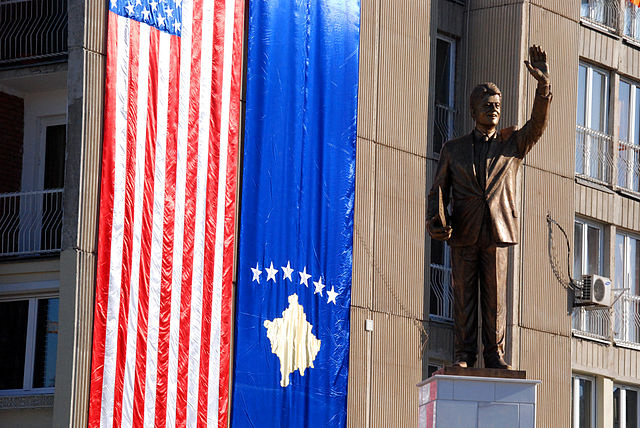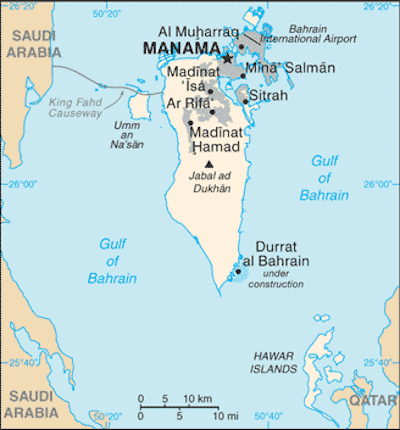This week saw the 4th ever female cosmonaut go into space and the first ever United Arab Emirates female combat pilot go into action in Syria.
Russia’s Yelena Serova launched into space yesterday aboard a Soyuz flight from Kazakhstan and arrived overnight at the International Space Station. She is the first woman in Russia’s space program to go to space since Yelena V. Kondakova‘s space shuttle flight (STS-84, Atlantis) in May 1997, which went to the Mir station.
Kondakova, now a member of the Russian Duma (parliament) for the ruling party, went to space twice during her career as a cosmonaut, but was actually only the 3rd ever Soviet or Russian female cosmonaut — making Serova the 4th in the entire program’s history. The Soviet Union, notably, sent a woman into space two decades before the U.S. did the same, but failed to capitalize on that milestone (not even sending its second until 19 years later). This stands in contrast with the opportunities opened to many women in NASA and space programs around the world since then.
In another part of the world, the United Arab Emirates announced on U.S. television that their pioneering female combat pilot, Major Mariam Al Mansouri, led the UAE’s airstrikes on ISIS positions in Syria, as part of the US-led coalition:
[UAE Ambassador to the US] Al Otaiba also confirmed that Major Mariam Al Mansouri, 35, an F-16 pilot, will lead the air strike missions on ISIL.
“I can officially confirm that the UAE strike mission on Monday night was led by female fighter pilot Mariam Al Mansouri,” he said.
“She is a fully qualified, highly trained, combat-ready pilot and she is on a mission.”
[…]
Maj Al Mansouri has an undergraduate degree in English literature and is the first woman to join the Khalifa bin Zayed Air College, graduating in 2008.
She is expected to continue commanding the UAE’s missions in Syria in the coming days and weeks.
Ambassador Al Otaiba cited her as a positive example of how Arab states and Muslim societies can be more moderate and open than the stereotype, while retaining their identities. The example was offered in contrast to both ISIS and some of the Emirates’ neighboring countries. You can read more about Major Al Mansouri and her path to the skies here.

Cosmonaut Yelena Serova (via NASA/Wikimedia) and Maj. Mariam al-Mansouri (via WAM/The National)






